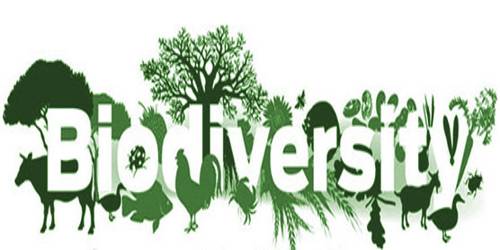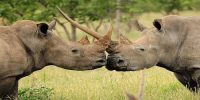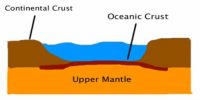Economic Role of Biodiversity
For all humans, biodiversity is an important resource in their day-to-day life. One important part of biodiversity is ‘crop diversity’, which is also called agro-biodiversity. It is seen as a reservoir of resources to be drawn upon for the manufacture of food, pharmaceutical, and cosmetic products. This concept of biological resources is responsible for the deterioration of biodiversity. At the same time, it is also the origin of new conflicts dealing with rules of division and appropriation of natural resources. Some of the important economic commodities that biodiversity supplies to humankind are: food crops, livestock, forestry, fish, medicinal resources, etc.
Biodiversity is a system in constant evolution, from a viewpoint of species, as well as from viewpoint of an individual organism. Before the advent of humans, our earth supported more biodiversity than in any other period. Since, the emergence of humans, however, it has begun a rapid decline, with one species after another bearing the brunt of extinction due to overuse.
Agriculture, forestry, and fisheries products, constant natural hydrological cycles, fertile soils, a balanced climate and numerous other vital ecosystem services depend upon the conservation of biological diversity. Food production relies on biodiversity for a diversity of food plants, pollination, pest control, nutrient stipulation, genetic diversity, and disease anticipation and control. Both medicinal plants and manufactured pharmaceuticals rely on this. Decreased biodiversity can lead to increased transmission of diseases to humans and increased healthcare costs. The outdoor tourism industry relies on biodiversity to create and maintain that which tourists come to see, as does the multi-billion dollar fishing and hunting industry.
Biodiversity provides:
- Consumptive uses natural products such as timber, fish, game, berries and mushrooms, firewood, and medicinal plants.
- Non-consumptive uses-guiding, viewing, recreation, education, science, and natural control of pests.
- Future options-products or use not realized today, but which may become important in the future.















